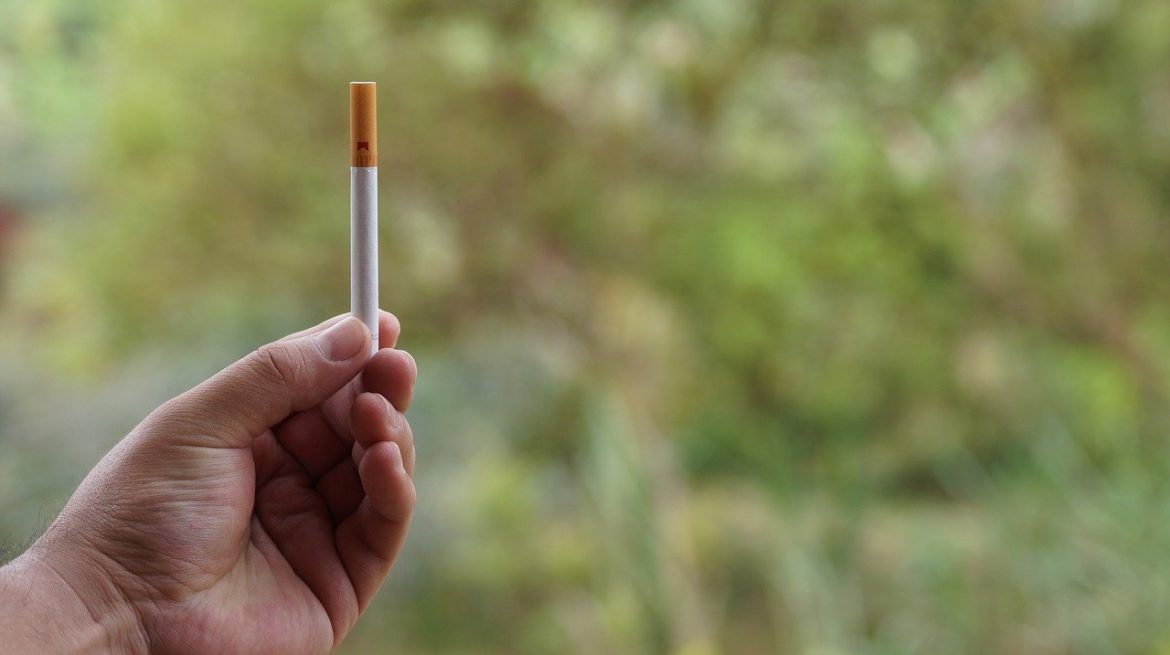
People have preconceived notions about what an addiction looks like and who is the type of person to have one. Stereotypes about teen addiction can act as a barrier to identifying addiction and to making sure people receive the treatment they need. Here are a few myths about teen addiction that need to be busted ASAP.
It’s Just a Phase

It’s easy to dismiss teen addiction as just experimentation, or to say that they’ll grow out of it. This attitude is a dangerous one, because it could lead to ignoring important warning signs that your teen is developing a problem. About 40 percent of teens who start drinking by age 13 will develop an addiction.
Addicts Come From Broken Homes

Addiction does not discriminate. While the brain is developing during adolescence, you don’t have a full capacity for reasoning and impulse-control. Teens from unconventional family situations are no more prone to addiction that kids from two-parent, “nuclear” families.
Good Students Don’t Do Drugs

People expect teen drug and alcohol users to be the class dropout, not the valedictorian. In reality, anyone has the potential to develop an unhealthy relationship to substances. Many addicts manage to lead an apparently normal life while feeding their addiction.
It’s Always Drugs and Alcohol

When people picture teen addiction, they’re probably thinking about drug and alcohol abuse. Teen addiction actually encompasses a lot more that what you could find at a wild party. Teens can develop dependencies to a whole range of substances, even sugar, or they can develop behavioral (or process) addictions to activities like social media, eating, sex or gambling.
They Can Stop Anytime

Addicts can’t just stop without feeling the very real consequences of withdrawal. The very nature of an addiction is that the body craves and is used to functioning with a particular substance or behavior. The longer it goes on, the harder it is to quit. Even teens will need a lot of time, care and professional help to bounce back from an addiction.
For a lot of parents, it might seem easier just to turn a blind eye, but teen addiction is a reality that must be faced. Breaking down misconceptions about teen addiction can help destigmatize the issue—making it easier to identify and fostering a more welcoming environment for those seeking help.
Feature Image: Stas Svechnikov


